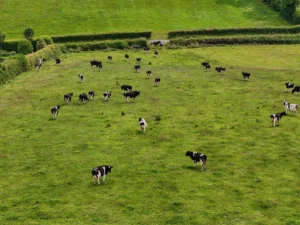
Cattle, greenhouse gases and the case for better methane metrics
Why the global warming potential of methane emissions from cattle production needs a closer look
In a world without cows, we would not have beef or milk. Or leather. Or many other items you may not think of right away when you think about cows.
Cattle are valuable not only for their primary food products but also for numerous byproducts that are derived from different parts of the animal. Cattle byproducts are used to make granola bars, mayonnaise, gelatin, coffee creamer, margarine, hot dogs, chicken nuggets, broth and chewing gum, to name a few.
But cows are much more than just food. Most people probably use at least one byproduct every day.
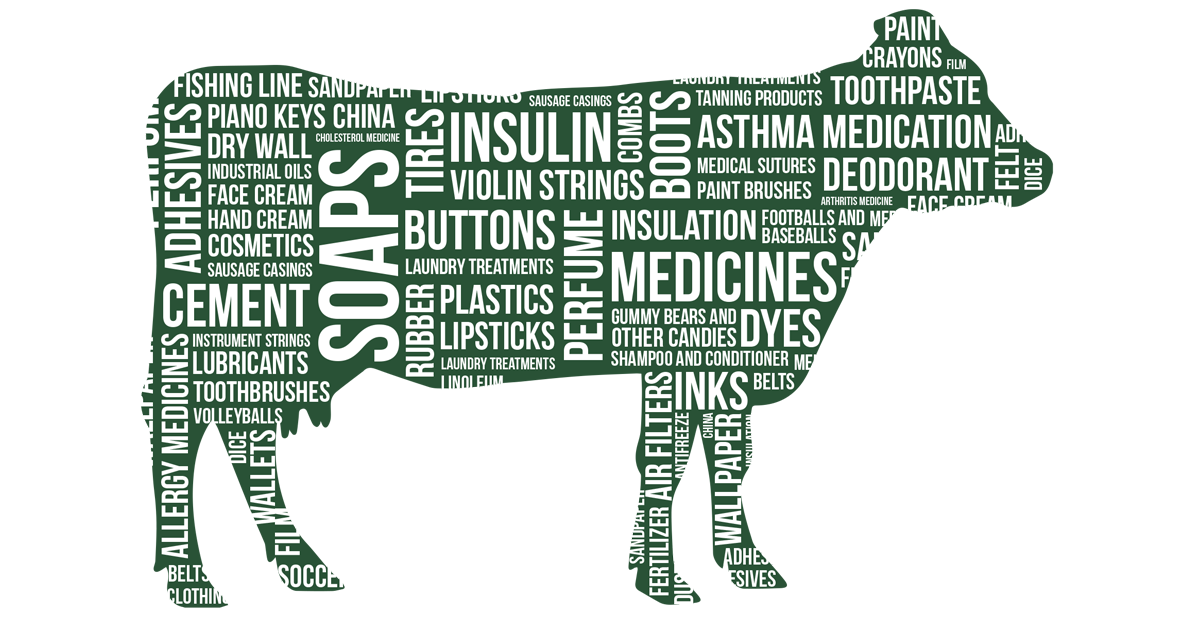
More than 100 drugs are created from cattle byproducts, including those used to treat:
Bones, hooves and horns are used to make:
Inedible fats are used in the production of:
Cattle hide (hair and skin) is used to make:
Internal organs and blood are used to create:

Why the global warming potential of methane emissions from cattle production needs a closer look
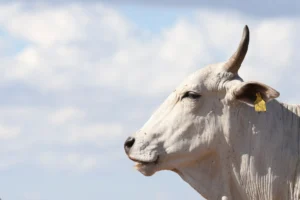
At COP30, the world’s eyes are on Brazil, and the cattle ranchers leading a global transformation.
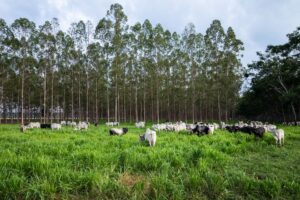
Restoring 40 million hectares of pasture could feed billions and ease pressure on the Amazon. Is the world paying attention?
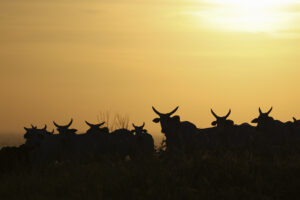
New mini-doc explores deforestation, food security and the Brazilian cattle sector’s path to a more sustainable future
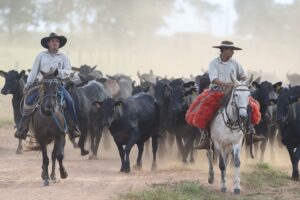
Mention Brazilian beef, and you’re likely to spark discussion about familiar themes: deforestation, emissions and blame. What do we find when we dig deeper? Here are the answers to five top questions about Brazil’s role in protecting the Amazon and feeding the world.
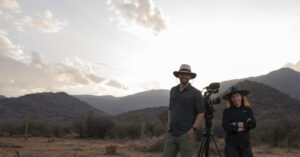
From science to the big screen: Discover how a single question grew into a global journey.
As climate change intensifies and the world’s population continues to grow, the pressure on our global food production system mounts. You can play an active role in shaping a more sustainable planet for future generations. Fill out the form below to learn more about how you can partner with us.
Receive notifications about the release date, new online content and how you can get involved